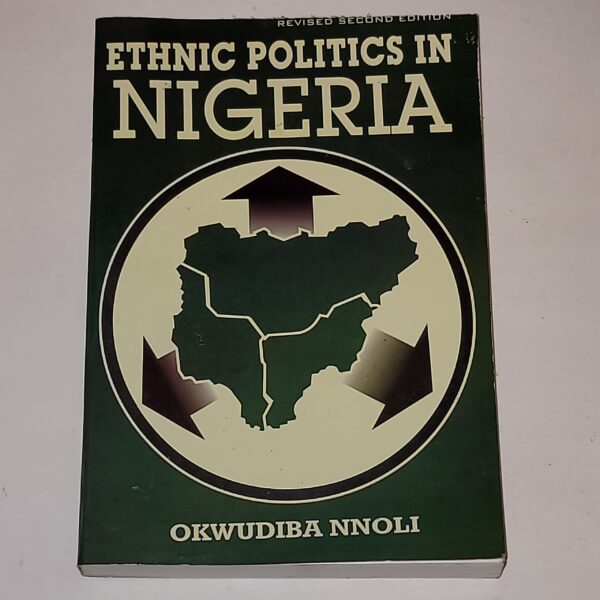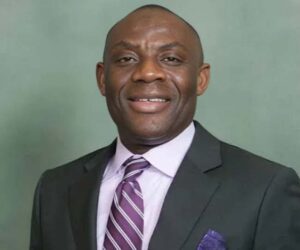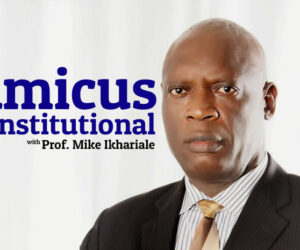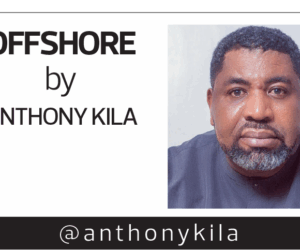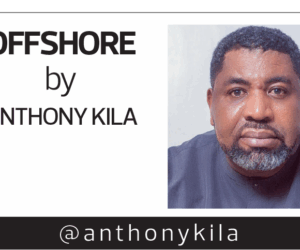1
So loud is the voice of sentiments—
It inflicts with painful and haunting pride.
On the ground of education,
I found liberation for the soul—
It is the balm against bigotry.
The lines above capture the situation of Nigeria today. The political economy is steeped in ethnic sentiment. National life is coloured by ethnic subterfuge and parochial interests—a stubborn bane to national development. This piece examines how social groups—party, ethnicity, religion—shape Nigerians’ cultural life.
Sentiment reigns in crucial national decisions—during electioneering, appointments, power sharing, and economic distribution. Merit is anathema. Political affiliations impede competence from rising.
Cabinet ministers and commissioners must pass the ethnic metrics of selection into office; otherwise, their voices are weaned of influence at cabinet meetings—brilliance of ideas notwithstanding.
Promotion is earned through party loyalty at various strata of national life. Ethnicity and tribalism are the Siamese twins shaping governance. The other day, a sitting president—accused of running an ethnically skewed cabinet—dismissively quipped that he couldn’t find capable hands outside his region.
More recently, the present occupier of that office, latching onto that precedent, took a bolder step than his predecessor—skewing appointments optimally to a particular state. Amidst the bitter taste this decision left, his kinsmen cried foul against critics— justifying the stench fouling the atmosphere.
Ethnicity protects during the day of reckoning. The one backed ethnically, though guilty, enjoys continuity in office. The unsupported, minority figure from another group, is pushed out of the corridors of power—a case of different strokes for different folks. Ethnicity and its kin, bribery, oil the palms of authority.
Under President Muhammadu Buhari, it was far easier to get Kemi Adeosun out of office as finance minister on charges of certificate forgery than to remove the Minister for Humanitarian Affairs, Sadiya Farouk, despite overwhelming evidence of corruption in the distribution of COVID-19 palliatives. What a country!
Closer to the present under President Bola Ahmed Tinubu, Minister Bunmi Tunji-Ojo was embroiled in the Ministry of Humanitarian Affairs and Poverty Alleviation corruption saga, yet he survived and remains in office, firmly secured by ethnic roots. Meanwhile, Betta Edu, Minister of Humanitarian Affairs and Poverty Alleviation at the time and central to the scandal, was booted out.
A nation carved on faulty patrimony—silent where it ought to speak, broken amidst strongholds, timid when courage matters. Yet, it is never lacking in its paltry of self-proclaimed saints— if such exists. The people vote their kinsmen into power, not for competence but kinship. The yardstick is “omo wa ni” (He’s our son).
A notable character once aspired for chairmanship in my local government under the mantra okajue (He’s capable). What! Who gave this fellow such an unthinkable formula to run with? In Nigeria, that’s hardly a winning slogan. Something more tribal— like kinship or family ties—might have served him better. No wonder he never won.
Today, the civil service is haemorrhaging talent. Its best brains are fleeing to the private sector or leaving the country—thanks to tribalism as a cog in the wheel of promotion. The few who remain have morphed into victims of corruption and ethnic politics. Dejected and frustrated, they become alienated—apologies to Marx.
Politics has become the hottest game in the land—often fierce, sometimes bloody. Political affiliations, partisan interests, and ethno-political contraptions are the dividing lines falling unpleasantly across every sphere. They colour every meaningful conversation and stifle dialogue. Politics and merit never dine together; more often, the former takes the seat.
The journey to 2027 is now in top gear. The noise from the media is deafening. Each party-man or non-party-man parrots Reno-cooked sentiments, couched and garbed as facts. Attention is now focused on dissension: APC vs ADC, APC vs PDP, LP vs LP. In all, it’s APC vs APC—a clear case of confusion in the order of nomenclature. Nigeria, who did this to you?
This development is not just despairing, but also distressing—a vicious cycle of ceaseless historical repetition. Here we are again!
Education remains the path to liberation, holding promise for redemption. It is the truest shield against the afflictions of bigotry and sentiment. Civic education that imparts unshakable identity clears the inner eyes from political myopia. It beckons the light against vindictiveness and parochialism now noisily polluting the media in the absence of forgeable ideas for the future.
Here, the media, civil society, and education sector must rise.
*Akinwale writes from Lagos via arin[email protected]

